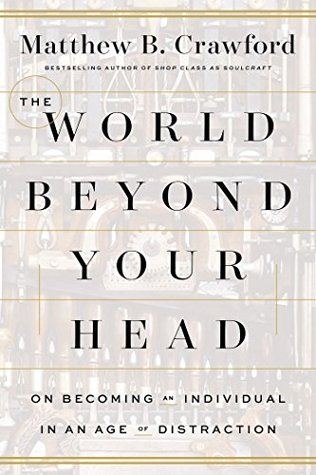This “rational optimizer” view has come in for thorough revision with the advent of the more psychologically informed school of “behavioral economics.” There is a large literature that shows that, for example, we consistently underestimate how long it will take us to get things done, no matter how many times we have been surprised by this same fact in the past (the so-called planning fallacy). We give undue weight to the most recent events when trying to grasp a larger pattern and predict the future. In general, we are terrible at estimating probabilities. We are not so much rational
...more
Welcome back. Just a moment while we sign you in to your Goodreads account.


